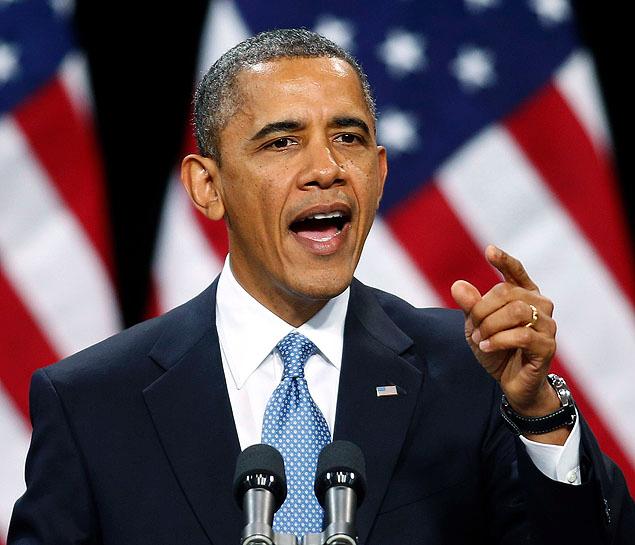- Home
- Medical news & Guidelines
- Anesthesiology
- Cardiology and CTVS
- Critical Care
- Dentistry
- Dermatology
- Diabetes and Endocrinology
- ENT
- Gastroenterology
- Medicine
- Nephrology
- Neurology
- Obstretics-Gynaecology
- Oncology
- Ophthalmology
- Orthopaedics
- Pediatrics-Neonatology
- Psychiatry
- Pulmonology
- Radiology
- Surgery
- Urology
- Laboratory Medicine
- Diet
- Nursing
- Paramedical
- Physiotherapy
- Health news
- Fact Check
- Bone Health Fact Check
- Brain Health Fact Check
- Cancer Related Fact Check
- Child Care Fact Check
- Dental and oral health fact check
- Diabetes and metabolic health fact check
- Diet and Nutrition Fact Check
- Eye and ENT Care Fact Check
- Fitness fact check
- Gut health fact check
- Heart health fact check
- Kidney health fact check
- Medical education fact check
- Men's health fact check
- Respiratory fact check
- Skin and hair care fact check
- Vaccine and Immunization fact check
- Women's health fact check
- AYUSH
- State News
- Andaman and Nicobar Islands
- Andhra Pradesh
- Arunachal Pradesh
- Assam
- Bihar
- Chandigarh
- Chattisgarh
- Dadra and Nagar Haveli
- Daman and Diu
- Delhi
- Goa
- Gujarat
- Haryana
- Himachal Pradesh
- Jammu & Kashmir
- Jharkhand
- Karnataka
- Kerala
- Ladakh
- Lakshadweep
- Madhya Pradesh
- Maharashtra
- Manipur
- Meghalaya
- Mizoram
- Nagaland
- Odisha
- Puducherry
- Punjab
- Rajasthan
- Sikkim
- Tamil Nadu
- Telangana
- Tripura
- Uttar Pradesh
- Uttrakhand
- West Bengal
- Medical Education
- Industry
India, Pakistan among major illicit drug producing nations: Obama

Washington: US President Barack Obama has determined India and its three neighbours, Pakistan, Afghanistan and Myanmar, among a list of 22 nations that are major illicit drug producing or transit countries.
Other countries on the list consists of the Bahamas, Belize, Bolivia, Colombia, Costa Rica, Dominican Republic, Ecuador, El Salvador, Guatemala, Haiti, Honduras, Jamaica, Laos, Mexico, Nicaragua, Panama, Peru and Venezuela.
In a notification to the Congress, Obama determined that Bolivia, Burma (Myanmar), and Venezuela "failed demonstrably" during the last twelve months to make sufficient or meaningful efforts to adhere to their obligations under international counter narcotic agreements.
In accordance with provisions of the Foreign Relations Authorization Act (FRAA), the President also determined that support for programmes to aid the promotion of democracy in Myamnar and Venezuela remains vital to the national interest of the US and therefore grants Burma (Myanmar) and Venezuela National Interest Waivers, the State Department said in a statement.
A country's presence on the list does not necessarily reflect its counter narcotics efforts or its level of cooperation with the United States on illegal drug control, it said.
The designation can reflect a combination of geographic, commercial, and economic factors that allow drugs to be produced and/or trafficked through a country, it added.
When a country on the list does not fulfill its obligations under international counter narcotics agreements and conventions, the President determines that the country has "failed demonstrably" to meet its counterdrug obligations. "Such a designation can lead to sanctions," the State Department said.
Other countries on the list consists of the Bahamas, Belize, Bolivia, Colombia, Costa Rica, Dominican Republic, Ecuador, El Salvador, Guatemala, Haiti, Honduras, Jamaica, Laos, Mexico, Nicaragua, Panama, Peru and Venezuela.
In a notification to the Congress, Obama determined that Bolivia, Burma (Myanmar), and Venezuela "failed demonstrably" during the last twelve months to make sufficient or meaningful efforts to adhere to their obligations under international counter narcotic agreements.
In accordance with provisions of the Foreign Relations Authorization Act (FRAA), the President also determined that support for programmes to aid the promotion of democracy in Myamnar and Venezuela remains vital to the national interest of the US and therefore grants Burma (Myanmar) and Venezuela National Interest Waivers, the State Department said in a statement.
A country's presence on the list does not necessarily reflect its counter narcotics efforts or its level of cooperation with the United States on illegal drug control, it said.
The designation can reflect a combination of geographic, commercial, and economic factors that allow drugs to be produced and/or trafficked through a country, it added.
When a country on the list does not fulfill its obligations under international counter narcotics agreements and conventions, the President determines that the country has "failed demonstrably" to meet its counterdrug obligations. "Such a designation can lead to sanctions," the State Department said.
Meghna A Singhania is the founder and Editor-in-Chief at Medical Dialogues. An Economics graduate from Delhi University and a post graduate from London School of Economics and Political Science, her key research interest lies in health economics, and policy making in health and medical sector in the country. She is a member of the Association of Healthcare Journalists. She can be contacted at meghna@medicaldialogues.in. Contact no. 011-43720751
Next Story


